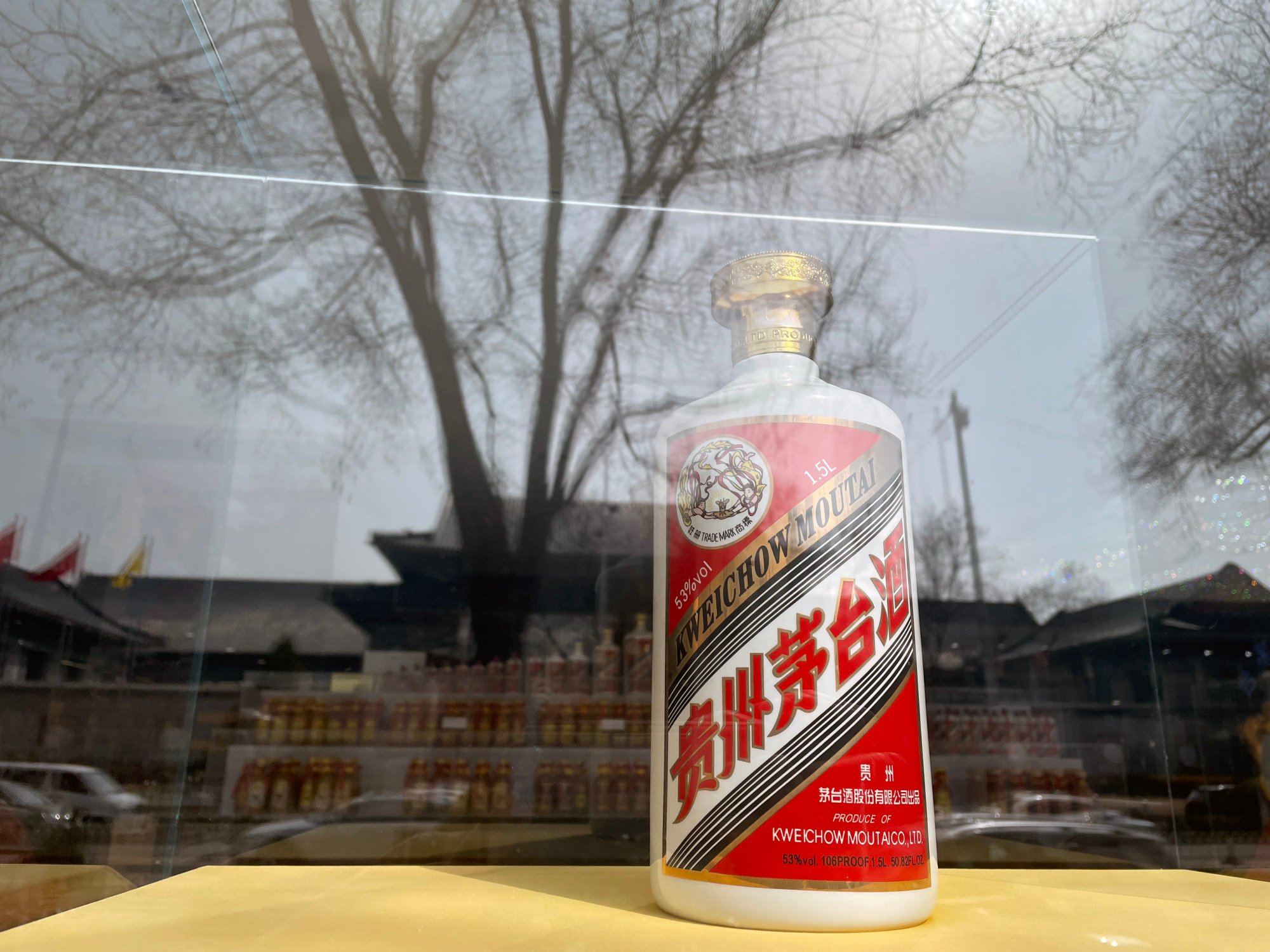
Zhang Kun, China’s biggest money manager, sticks to bets on giants like Tencent and Kweichow Moutai, looks past lack of dividends so far
- Valuations of ‘lots of high-quality companies’ already very attractive over the long term, Zhang says in quarterly report
- Zhang’s flagship fund lost 10.9 per cent of its value in the second quarter
The strategy of holding the most valuable companies has, however, not yet paid off for Zhang, with his flagship fund losing 10.9 per cent of its value in the second quarter. The CSI 300 Index of China’s biggest onshore stocks fell 5.2 per cent in the same time span, while Hong Kong’s Hang Seng Index dropped 7.3 per cent. Tencent and Kweichow Moutai slumped by 14 per cent and 7.1 per cent, respectively.
“Over the long term, the valuations of lots of high-quality companies are already very attractive,” Zhang said in the report. “It will be a good deal even if some industry captains consider taking them private.

“In any market and time, high-quality companies are always scarce. So we’ll stick to our current investment frameworks and continue to improve our research ability.”
Zhang, who works for Guangzhou-based E Fund Management, oversees US$12.4 billion in combined fund assets, more than any other fund manager in mainland China. On top of the blue-chip fund, he is also in charge of three other stock funds including one that invests in Asian markets beyond China. He has been managing the blue-chip fund since 2018.
Investors gave more weight to geopolitical tensions and China’s economic slowdown in the second quarter, rather than factors such as business models and core competitiveness, when pricing stocks, Zhang said in the quarterly report.
His top 10 holdings also include leading distillers Luzhou Laojiao and Wuliangye Yibin, retail bank China Merchants Bank, CNOOC, Hong Kong Exchanges and Clearing and food-delivery firm Meituan, according to the report. All of its top 10 holdings were left unchanged in the second quarter compared with the previous three-month period.

The companies in Zhang’s portfolios have strong moating and industry thresholds for entry, and these advantages can translate into growth in profits and free cash flows that will exceed the pace of China’s economic expansion, he said in the report.
“The difficulty and pessimism we have encountered now may only be a blip on the forward path,” Zhang said. “Pessimist market expectations have already been priced in the low valuations.”

